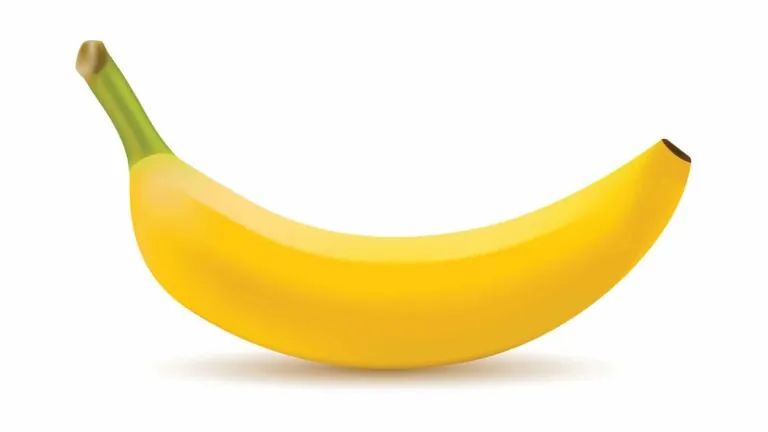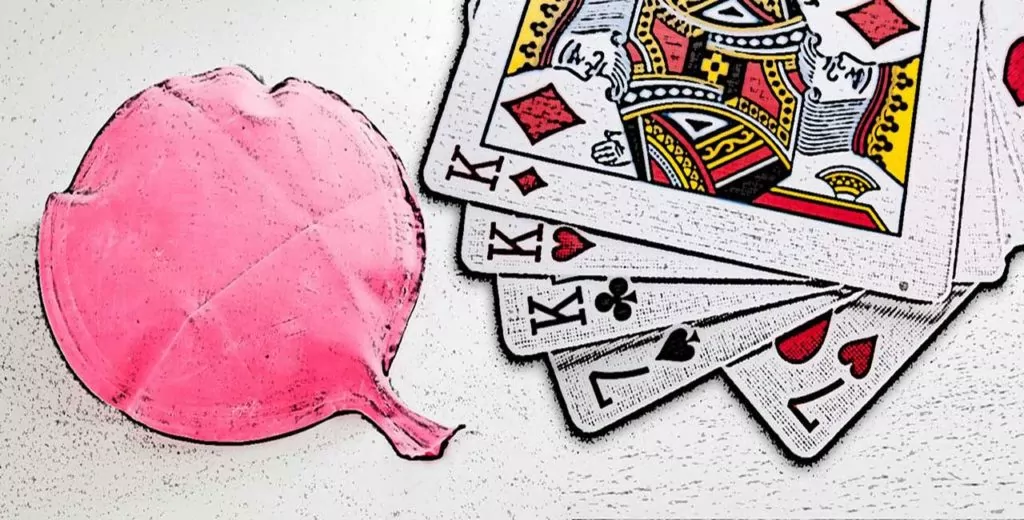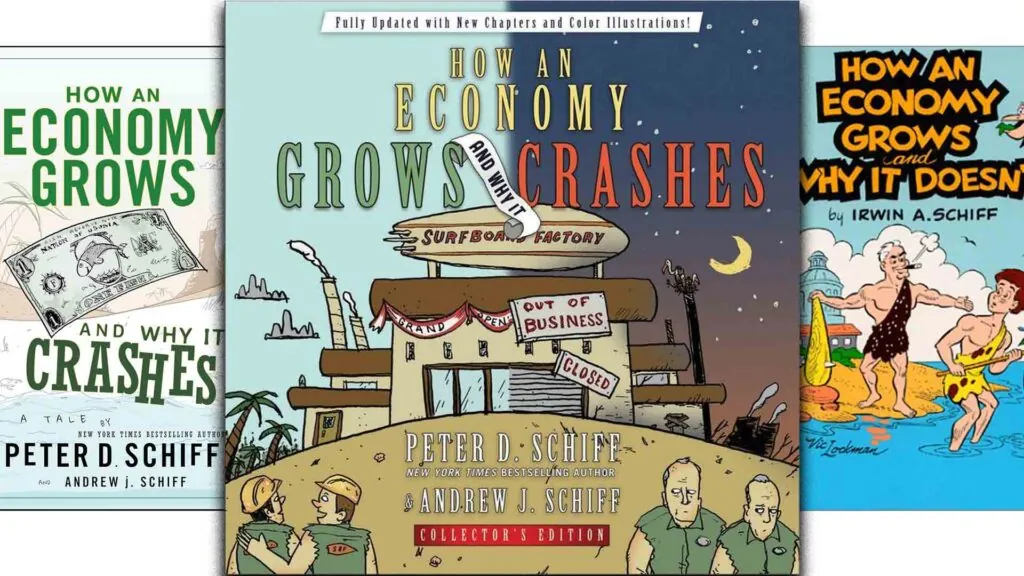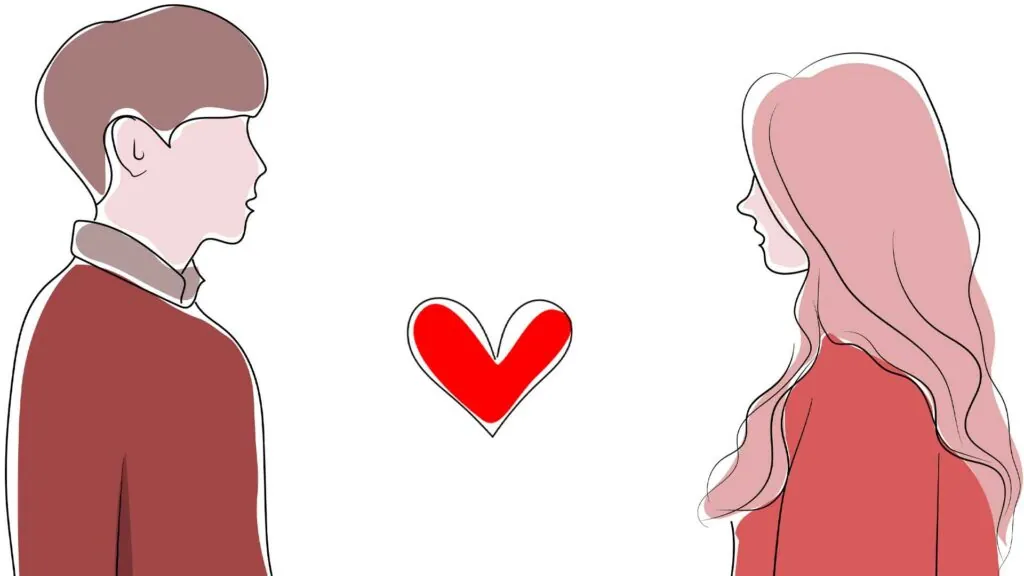The following is based on Real Talk’s episode #126, “Mere Economics and the Issue of Tariffs,” with host Lucas Holtvlüwer talking to economics professor and author Dr. Caleb Fuller about the only four ways that people can get the things they need.
****
We might not be medical experts, or have a law degree, but we all know a lawyer, and a nurse or two. But how many of us know an economist? Not too many, and I think that’s why economics can seem an intimidating field. But it doesn’t have to be complicated.
When it comes to how we can best get the things that we want and need for ourselves and our families, Dr. Fuller boiled things down:
“…there’s only actually four possible ways for me to get what I want. And these four ways are logically exhaustive.”
What he means by “logically exhaustive” is that these four are it – there are no other possibilities.
So what are these four ways? And more importantly, why should we know? To answer the second question first, this is vital information because only one of the four ways will actually work for a society. So it is key we pick the right way.
1. Getting gifts
One way we could get the food, clothing, and shelter we need is to simply receive it from someone else. That’s what we do for our kids, after all. But there is a problem, as Dr. Fuller explains:
“I could rely on gifts from someone else. But if you think about that for a couple seconds, you realize that if everyone was doing this – if you kind of systematized that way of getting what you want – the world would be incredibly poor. It also pushes the question back a step. You know, where did the gift-giver get what he’s giving?”
2. Stealing what we want and need
A second option is chosen by some, but we’d all starve if everyone did the same.
“You could steal from others. Ethical problems aside, if you universalize that means of getting what you want, you also live in a world [where life will be] ‘nasty, brutish, and short,’ to quote Thomas Hobbes. And, also, just like the first option pushes the question back, where did the person who’s being stolen from…get the goods in question?”
 3. Making it all ourselves
3. Making it all ourselves
So, that leaves us only two more possibilities. We can either make everything we need ourselves, or, instead, use our particular skills to make something others want, and trade with them for what we want. So, our options are make or trade, and one of the reasons President Trump instituted his tariffs is he wanted less trade with other countries, and more of the making done in the US. Dr. Fuller highlights the problem with this approach.
“Let’s think about make for a second. There’s a great book called The Toaster Project by a guy named Thomas Thwaites. Thwaites chronicles his attempt to build a very simple toaster from scratch, that is, without cooperating with anyone else. So he’s not going to engage in buying, he’s not going to engage in exchange, he’s just going to make, okay?
“And it takes him about nine months. He does cheat a little bit along the way. And after this nine months of full-time work on this toaster, he plugs the toaster in, and five seconds later it shorts out.
“There’s a small fire that melts it down. After nine months of work, that was the consequence. And that is a little vignette of what our lives would be if we systematized or universalized this third means of getting what we want – just making everything that I want to consume.”
4. Specializing/trading
And as Fuller shares, that “brings us to this fourth option, of specialization.” Few of us will be any better at making toasters than Thwaites was, but we might have other skills we can offer. One person might be a great nurse, another a very good farmer, and a third might be a skilled high school teacher.
We all have our specialties, and it doesn’t take a lot of imagination to recognize how much worse off we’d be if we didn’t specialize. Then the nurse would have to build her home, the farmer would have to teach his kids high school physics, and the teacher would have to fix his son’s broken leg. Specialization helps us do and make more.
Dr. Fuller specializes as an economics professor producing lectures and books that others value, and he trades those away for money and then uses that money to buy what he wants.
“That’s why I say that the ability to exchange is not optional if you want to observe ‘mass flourishing,’ to use economist Ed Phelps’ term. And so that’s why economists are so obsessed with specialization…”
Conclusion
Of these four ways of getting what we need, God’s commandment against stealing rules out the second. His call to be fruitful (Gen. 1:28 and in the Parable of the Talents, Matt. 25:14-30) eliminates the first as an option – we can’t just live off of our parents, even if they were willing. A fruitful life would also address the third option. It doesn’t make sense for us to try to do everything ourselves. If everyone did, we’d all be not simply poor, but quite likely dead.
What’s true for individuals is true in large part for countries too. The US is currently trying to use tariffs on foreign goods to drive companies to produce in-country more of the goods that Americans consume. But even the US can’t be better than everyone at producing everything. So, for example, in a June 3rd House Appropriations meeting, Rep. Madeleine Dean questioned Commerce Secretary Howard Lutnick about the tariff being imposed on bananas. The US grows less than a tenth of one percent of the bananas that Americans eat. The other 99.9% are imported. And, as Secretary Lutnick noted, the tariff is “generally 10%.”
Lutnick defended the tariff, arguing that, as trade deals are made, the tariffs will eventually be eliminated. But he also argued that “if you build in America and produce your product in America, there will be no tariff.” To which Rep. Dean pointed out, “You can’t build bananas in America.”
Free trade remains best, and not simply for banana lovers.












